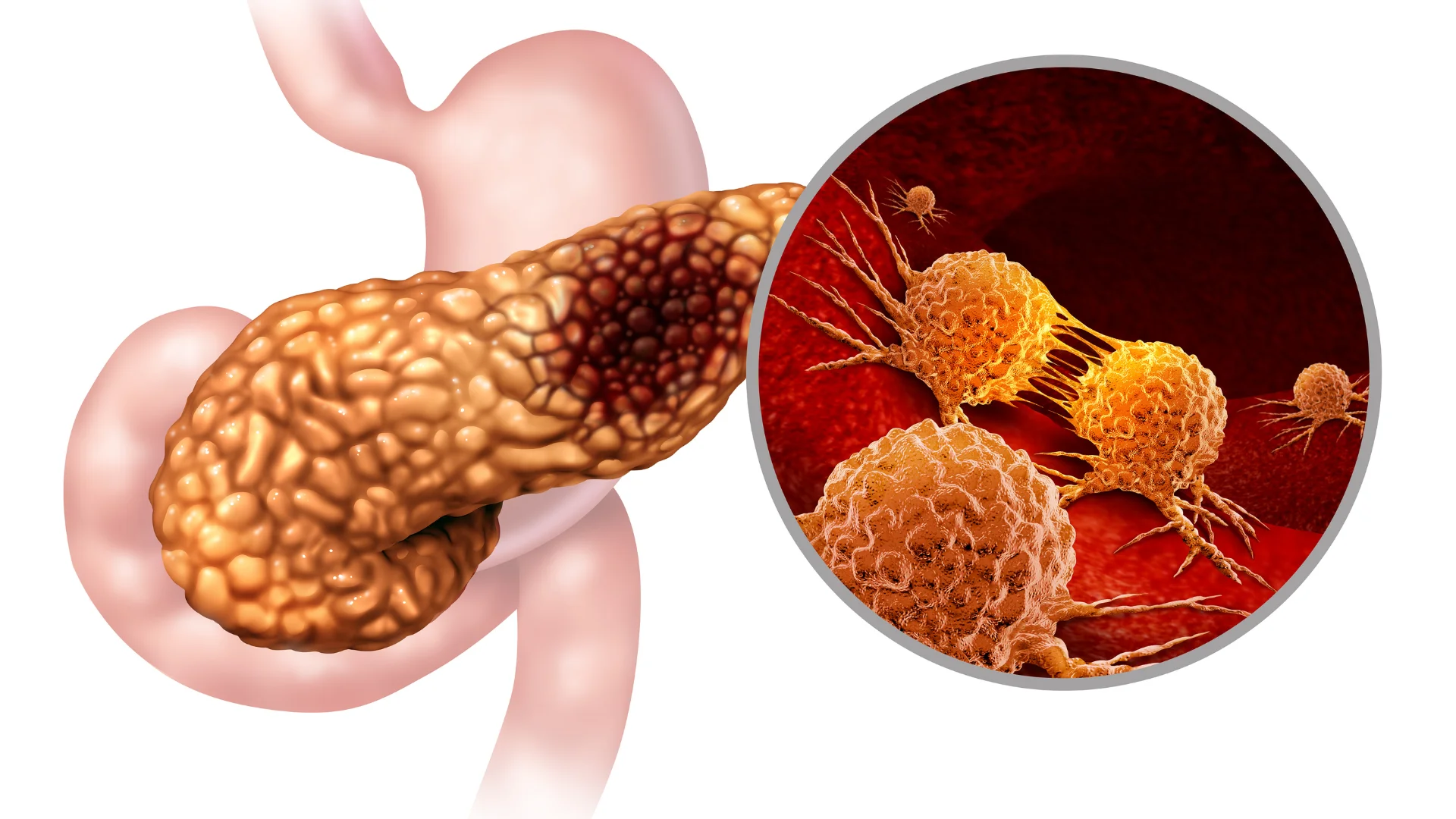
Pancreatic Cancer: What You Need to Know ⚠️
Pancreatic cancer is the third most common cancer of the digestive system, following colon and stomach cancer. It’s a tough disease to diagnose and treat, often due to its subtle symptoms and aggressive nature. Understanding the risks, signs, and available treatments can make a big difference in catching it early and improving outcomes.
What Increases the Risk? 🔔
Certain factors can make someone more likely to develop pancreatic cancer. The most common include:
Types of Pancreatic Cancer 💡
Why Pancreatic Cancer is So Challenging 🤔
Pancreatic cancer is known for:
Symptoms to Watch For 👀
In the early stages, pancreatic cancer may not cause any symptoms. As it progresses, signs can include:
How Is It Diagnosed? 🔍
Doctors use a combination of tests to confirm a diagnosis. The most common include:
If there’s a family history of pancreatic cancer, genetic testing might be recommended to identify inherited risks.
Treatment Options 🏥
Treatment depends on how advanced the cancer is when it’s discovered:
What Can You Do to Lower the Risk? 🛡️
While pancreatic cancer can’t always be prevented, making healthy lifestyle choices can help reduce your risk:
The Takeaway 💡
Pancreatic cancer is a serious disease, but early detection and informed decisions about lifestyle and screenings can improve outcomes. If you or someone you know is experiencing symptoms or has risk factors, consulting a doctor early can make all the difference. Taking proactive steps now can protect your health and offer peace of mind.
🩺 Explore out our Check-Up Programs!
DISCLAIMER: The information presented on this page has been intentionally condensed and simplified to make it accessible and easier to understand for the general audience. Its purpose is solely to provide basic awareness and education on the topic discussed. It is important to note that this content is not exhaustive and does not replace or serve as a substitute for professional medical advice, diagnosis, or treatment. Readers are strongly advised to seek consultations with qualified healthcare professionals or specialists for accurate assessment, personalized guidance, and appropriate medical care. Relying solely on the information provided here, without professional oversight, may lead to misunderstandings or inadequate treatment.
Privacy policy
Copyright ©2025 Klinika Kajo. Designed By Vizional